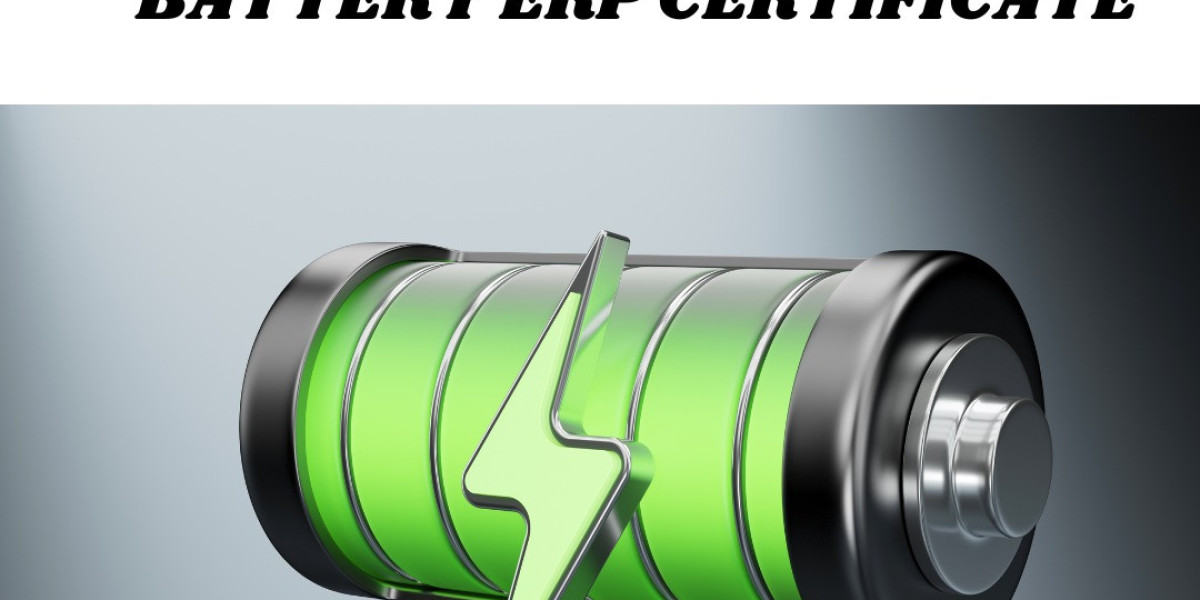What is a Battery EPR Certificate?
Producers, importers, and brand owners are legally required to obtain the Battery EPR Certificate, which imposes accountability for the environmentally responsible handling of batteries that they place on the market. To reduce the negative effects of spent batteries on the environment and public health, it is important to make sure they are collected, recycled, and disposed of properly.
Why is Battery EPR Certificate Registration Important?
Legal Compliance
Obtaining a Battery EPR Certificate through registration guarantees adherence to government-mandated environmental standards. Companies who don't comply may face significant penalties and legal repercussions.
Environmental Protection
Hazardous chemicals are kept out of the soil and water by properly disposing of and recycling batteries, protecting both human health and ecosystems.
Corporate Responsibility
Businesses show their dedication to sustainability and good corporate citizenship by securing the EPR certificate. It builds customer and stakeholder trust and improves brand reputation.
Resource conservation
By recovering important minerals like lithium, cobalt, and nickel through battery recycling, the production of batteries uses less virgin resources and has a smaller environmental impact.
Steps to Register for Battery EPR Certificate:
Regulations for Research:
Learn about the unique rules and specifications that apply to Batteries EPR Certificate Registration in your area. Depending on the nation or state in which your business is located, this could change.
Determine the Competent Authority:
Identify the competent body in charge of managing the certification and EPR compliance procedures. This can be a regulatory organization or branch of the government charged with safeguarding the environment.
Get the documentation ready:
Assemble the supporting documentation for your application for the EPR certificate, including sales figures, product details, company registration information, and compliance reports.
Send in your application:
Fill out the application form given to you by the appropriate authority and send it in with the necessary paperwork. Aim for thoroughness and accuracy to speed up the review procedure.
Compliance Assessment:
To confirm compliance with EPR requirements, the appropriate authority will assess your application and carry out audits or inspections. Resolve any shortcomings or issues brought up during the evaluation as soon as possible.
Acquire Certificate:
Your company's dedication to environmental stewardship will be validated by the Battery EPR Certificate, which you will obtain upon passing the compliance assessment.
Sustaining Battery EPR Certificate Compliance:
After obtaining the certificate, you must continue to comply with all ongoing reporting, record-keeping, and auditing standards. Review and update your environmental management systems on a regular basis to keep up with industry best practices and regulatory changes.
Conclusion:
To sum up, obtaining the Battery EPR Certificate is not only required by law but also a calculated move that shows a company's commitment to environmental sustainability, such as Metacorp ITES Pvt Ltd. Through comprehensive management of the battery lifetime, encompassing both production and disposal, enterprises may reduce environmental hazards, preserve resources, and foster a better planet for posterity. Seize the chance to influence the world and set an example for corporate environmental sustainability.


